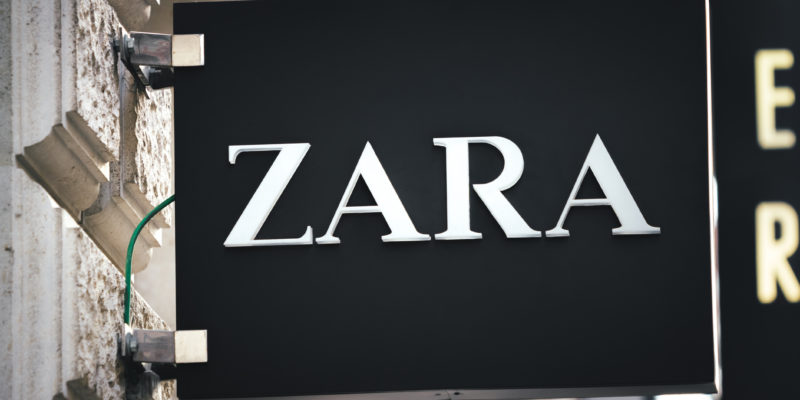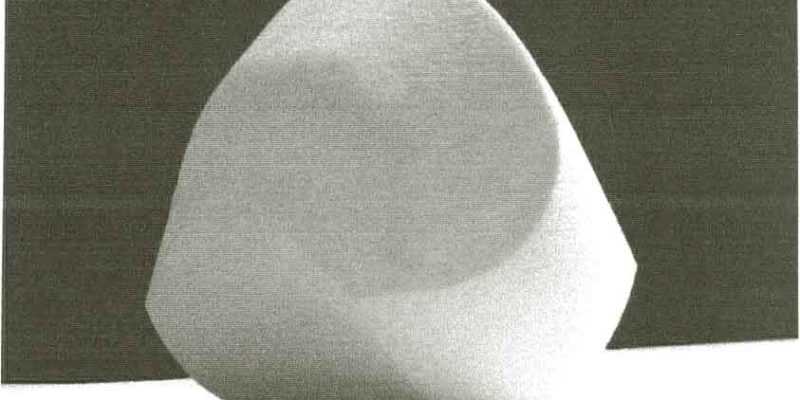Mandatory mediation in Greece – the saga continuous
We had reported on the introduction in Greece of mandatory mediation in trademark infringement disputes in this blog here and here. Law no 4640/2019 “Mediation on civil and commercial disputes – Further harmonization of Greek legislation with Directive 2008/52/EC of the European parliament and of the council of 21 May 2008 and other provisions” (the…


